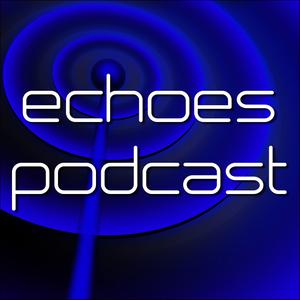
Interview Podcast – Echoes
Interview Podcast – Echoes
Audio features about contemporary music from Echoes.org.
- 32 minutes 29 secondsEchoes Podcast: Maps and The Art of Noise 40th
Echoes Podcast: Maps Counter Electronic Melodies and The Art of Noise 40th Anniversary.
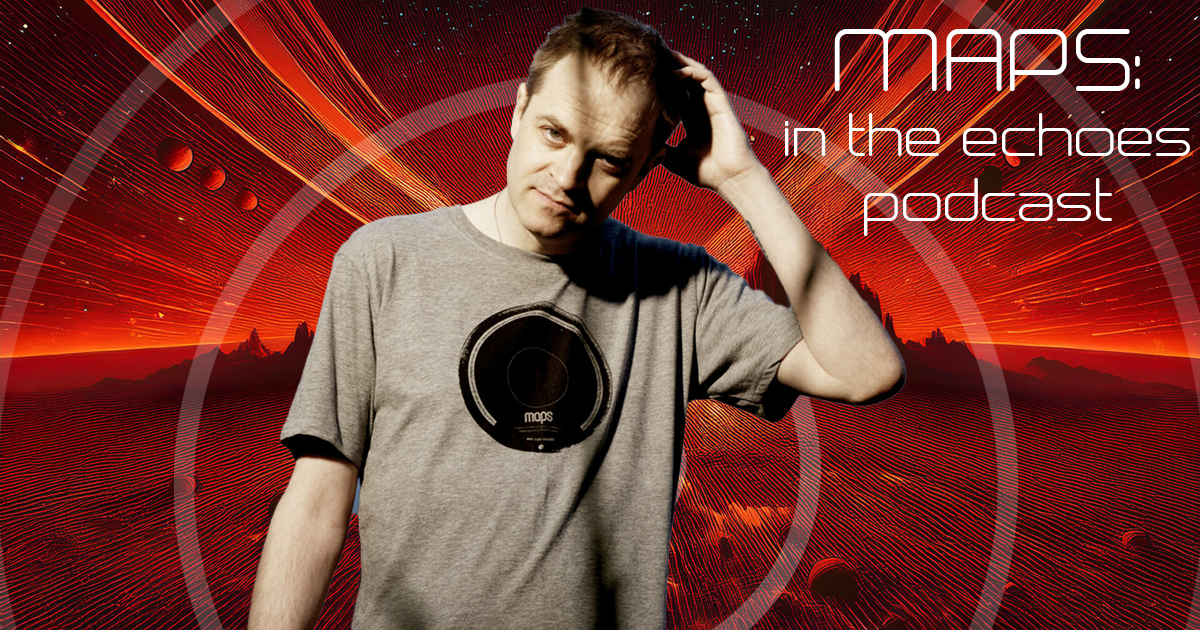
The Echoes Podcast features two electronic artists, one from the future past and one from the present future, with James Chapman of Maps and The Art of Noise, celebrating the 40th anniversary of their debut album, Who’s Afraid of the Art of Noise! released in June, 1984.
The artist known as MAPS has been making exquisitely crafted dreampop music for most of this century. MAPS is James Chapman and we heard from him recently regarding his production of Emma Anderson’s Pearlies album. While many artists went introspective during pandemic lockdown, James Chapman decided to synthesize joy on the all-instrumental electronic album, Counter Melodies.
James Chapman: I actually started working on those tracks during the first lockdown, so kind of 2020 and obviously it was a really depressing time. And I think I wanted to do something really uplifting and upbeat, just as a kind of antidote, really.
We talk to James Chapman about Counter Melodies and more in the Echoes Podcast.
Hear James Chapman in our Emma Anderson feature.
In June of 1984 an album came out that seemed to turn music on its head. It was by a fairly anonymous trio called The Art of Noise. That name came from the 1918 Futurist Manifesto by Luigi Russolo, “The Art of Noises.” They were among the first to employ the Fairlight CMI synthesizer which also included one of the first samplers and that last invention is what created their sound. Programmer J. J. Jeczalik, engineer Gary Langan and keyboard player and arranger Anne Dudley were part of Trevor Horn’s production team. They were responsible for the sound design on albums by Frankie Goes to Hollywood, ABC, Malcom McLaren and most presciently, the song “Owner of a Lonely Heart” by Yes. Joined by Horn and Paul Morley, in June of 1984 they released their debut album, Who’s Afraid of the Art of Noise.
They created an audio riot of sound. Licks stolen from records, noises in the environment, technology and car engines were all part of their sound, using these noises as music. It was an update of musique concrete of the 1940s and 50s and composers like Pierre Henry and Piere Schaefer. They just married them to funky dance beats. Ironically, a band that codified the initial concepts of sampling, were themselves sampled many times. Their prettiest song, “Moments in Love” turns up in movies and TV and is still being sampled by the likes of Charlie XCX, J Dilla and Drake. Other tracks like “Beat Box” and “Close (to the Edit)” were sampled by Fatboy Slim, The Prodigy and many more.
I didn’t want to leave 2024 without celebrating this release so we played a suite of their music on Echoes, but for the podcast, I’m digging back to a segment of the radio series Totally Wired and a 1988 segment on the group where I talked with Anne Dudley and JJ. Jeczalik, who, as you’ll hear in this feature, gave me an odd pronunciation of his name.
12 December 2024, 4:30 pm - 16 minutes 18 secondsEchoes Podcast: Emma Anderson Interview
Emma Anderson - From Lush to Independence: The Echoes Podcast
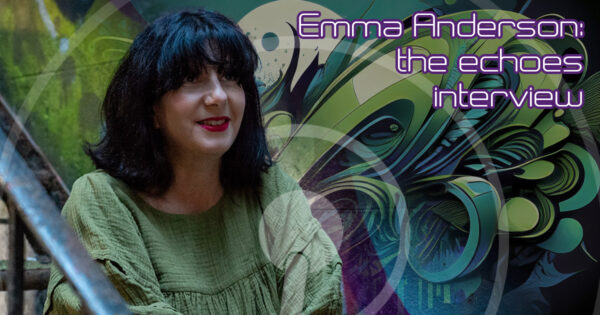
In the Echoes Podcast, Emma Anderson. 4AD was one of the defining record labels of the 1980s and 90s with artists like Cocteau Twins, Dead Can Dance, Clan of Xymox and Wolfgang Press. Among those groups was Lush, the band fronted by the duo of Emma Anderson and Mikki Berenyi. They recorded 3 full studio albums between 1987 and 1996 with the inevitable and short-lived reunion in 2015. Since then Berenyi has written a memoir and released two albums with her band Piroshka in 2019 and 2021. But Anderson, other than her band Sing-Sing in the early 2000’s, has been silent, until now. In 2023 she released her solo debut, Pearlies and in 2024, a remix disc called Spiralée- Pearlies Rearranged. John Diliberto talks to Emma Anderson and her producer, James Chapman of Maps, about a reluctant singer, 60s influences and remixes in the Echoes Podcast from PRX.
6 December 2024, 4:30 pm - 20 minutes 39 secondsEchoes Podcast: David Borden & Mother Mallard
The Continuing Story 0f David Borden-An Electronic Pioneer: The Echoes Podcast
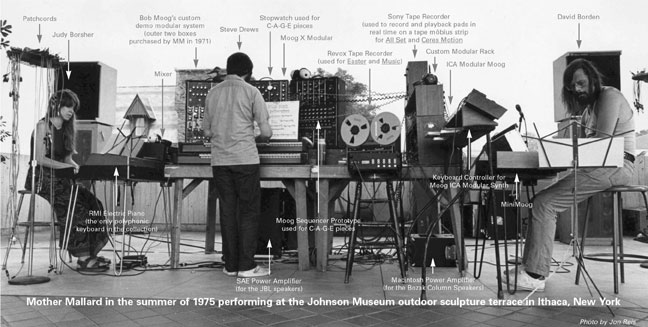
Mother Mallard’s Portable Masterpiece Co. circa 1975
In the Echoes Podcast, a pioneer of electronic music: David Borden, the founding member of Mother Mallard’s Portable Masterpiece Company. In 1969, he created the group Mother Mallard’s Portable Masterpiece Company. They were one of the first performing synthesizer bands, managing multiple modular Moogs and Mini-Moog synthesizers. Borden was actually a test pilot for Moog.
David Borden:
Well, in my first few days there I couldn’t get a sound and his head engineer came down and turned on the amplifier. That’s how bad I was. So without the amplifier, of course, none of this stuff, you can’t hear it. So the next week I was patching patch cords and I ruined one of his modules. . . . . And so Bob came down. He was there for about five seconds, looked at it and . . . .And then I thought to myself, well, that’s it for me. I’m out of here. And he came over and put his arm around me and said, can I come at night? . . . So he took me upstairs, had a key made to the whole place and said, just come here at night and after you’re done working, just leave it set up. It’s okay. Everything’s fine and don’t worry about a thing. And so I said, okay. . . So after six months, I was very sophisticated. I knew all the parts of the synthesizer. I was hooking up very tricky things and strange things and having a great time. And he said, I just wanted to tell you, we redesigned all the modules so that no matter how you set it up, you can’t screw it up. So I was surprised. That was a big turning point because I realized I had taken part in the research and development of what became the standard Moog synthesizer.Mother Mallard released their eponymous debut in 1973, a work that stands alongside the best of both Tangerine Dream and Steve Reich. A new album, Make Way for Mother Mallard, 50 Years of Music has just come out, that contains never-before released archival works of live and studio performances, from the very beginning to his last concert. Hear this epic story on Echoes.
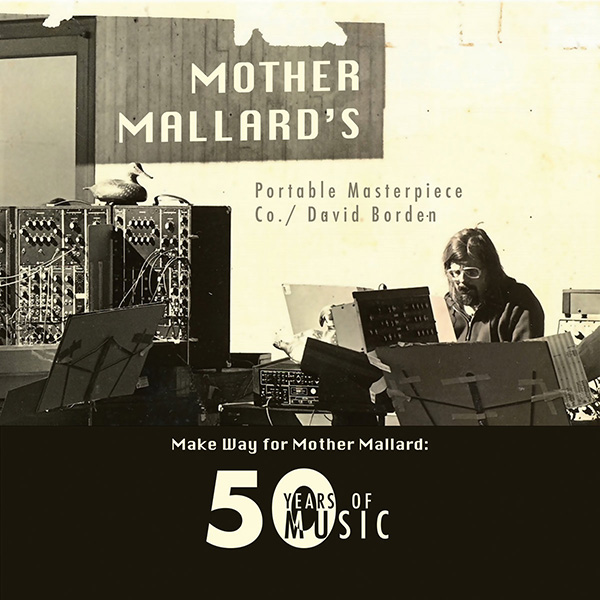 21 November 2024, 7:20 pm
21 November 2024, 7:20 pm - 17 minutes 40 secondsEchoes Podcast: Rena Jones & KiloWatts
The Ambience Between-Rena Jones & Kilowatts: The Echoes Podcast

In the Echoes Podcast, Rena Jones and KiloWatts come on to talk about their new album Caesura. It’s a more complex take on electronica, combining synthesizers with Rena’s violin, viola and cello orchestrations.
Rena Jones is a polymath musician who has been a defining voice in ambient chamber music. KiloWatts has been around just as long releasing electronic psybient dreams. They’ve gotten together, remotely for a new release, Caesura, that seems to capture our time.
Rena Jones: The name speaks for itself in a way, doesn’t it? It’s about the space in between the pause between two different forces, right? Or different aspects. And for me, what drew me to that name, was just that we’re, living in such a divided times, right? And I feel as polarity keeps happening in our world, it’s nice to remind people that you don’t have to be extreme one or the other. You can take the time to pause and have a moment to reflect and be in that space in between either or.
John Diliberto brings us Rena Jones and KiloWatts in the Echoes Podcast from PRX.
Hear Rena Jones in her 2021 Echoes Interview
15 November 2024, 2:14 pm - 10 minutes 31 secondsEchoes Podcast: Wendy Carlos Switches On 85
We Celebrate Wendy Carlos' 85th Year in Echoes Podcast
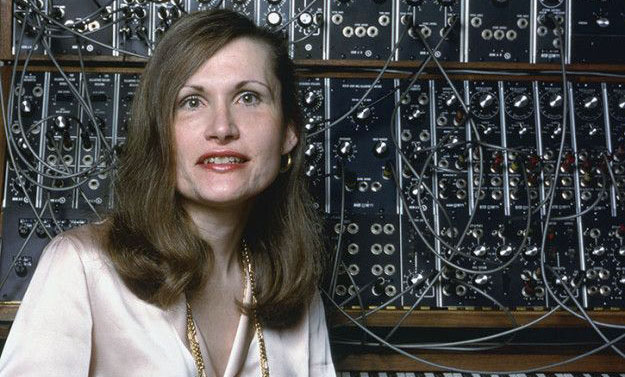 We look back at Wendy Carlos on her 85th Birthday.
We look back at Wendy Carlos on her 85th Birthday.This is actually a feature we did for Wendy’s 70th birthday that we redid for her 80th birthday.
You know that a lot of time has passed when your references become dated. With its array of cords and cables crisscrossed in a patchbay, we used to compare it to a telephone switchboard gone crazy. Well, synthesizers don’t look like that anymore, the modular renaissance excepted, and most people under thirty wouldn’t know what a telephone switchboard was unless they watch the TCM channel a lot.
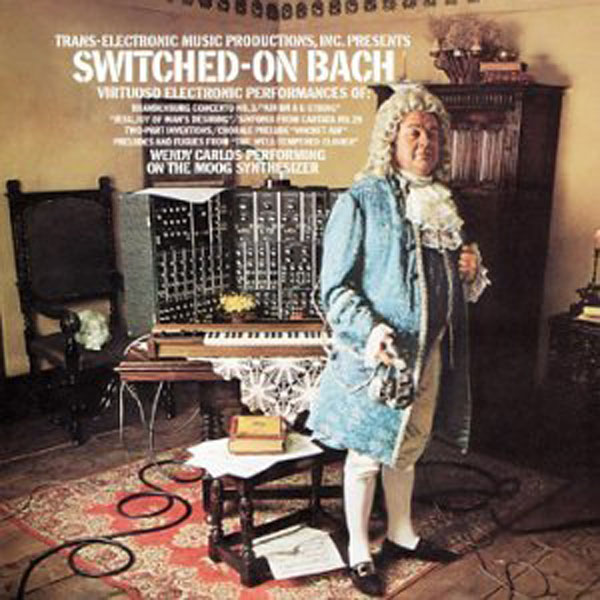
It was 1968 when Wendy Carlos took her Moog synthesizer and applied it to the contrapuntal 18th century music of Johann Sebastian Bach. The album was called Switched-On Bach and it changed the shape of modern music forever. It took synthesizers out of the world of sound effects and the avant-garde and into the mass market. It’s 50 years later and Wendy Carlos first masterwork is now an iconic moment in the history of electronic music. She’s done other great works since. She presaged Brian Eno and Ambient Music with her 1972 album, Sonic Seasonings (from whence we stole the title of our annual Christmas show). Her Beauty in the Beast was a manifesto for the synthesizer in the global village as Carlos digitally hand-crafted her own global orchestra coupling hybrid instruments and timbres that are remarkably true to form, from the roaring Tibetan trumpets that open the album to the Balinese xylophones and suling flutes.
She only did a few film scores, but they are legendary. A Clockwork Orange, The Shining and Tron were signal works in film scoring.
15 Years ago we did a feature on her 70th birthday. In the Echoes Podcast, we updated it for her 80th Birthday drawing from 30 years of interviews with Wendy Carlos. And now, here we are on her 85th. I’d give you links to her recordings, but none of the are available in any form.
Listen to our earlier Podcast on the 50th Anniversary of Switch-On Bach
Read our Post on Four Switched -On Masterworks by Wendy Carlos.14 November 2024, 2:24 pm - 31 minutes 2 secondsEchoes Podcast: Autobahn’s 50th Anniversary
Kraftwerk's Autobahn at 50: The Echoes Kraftwerk Documentary
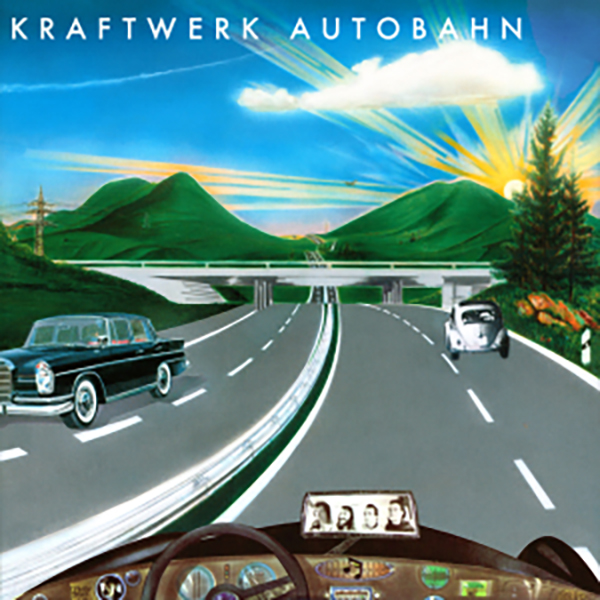
It’s the 50th Anniversary of Kraftwerk’s Autobahn. The iconic German electronic band switched on their debut album in November, 1970, but their breakthrough artistically and commercially came in 1974 with an album that broke all the barriers of music, especially in the Top Forty.
Ralf Hutter: We could never understand why there were–everybody wanted to stick to the guitars, or the drums because they’re so boring. And now it’s happening.
To celebrate, we’re repodcasting our documentary. Kraftwerk’s Man-Machine Music . We’ll hear from Kraftwerk’s Ralf Hutter as well as Orchestral Manouevres in the Dark, Jean-Michel Jarre, Orbital, Michael Rother, Depeche Mode, James Merle Thomas (Quindar), Karl Hyde (Underworld), Manuel Gottsching (Ashra) and Conny Plank, looking back on a band that altered the face of music for decades. Kraftwerk is on our list of 35 Icons of Echoes. We go down the Autobahn with Kraftwerk’s Man-Machine Music: The Echoes Documentary in the Echoes Podcast.
7 November 2024, 5:16 pm - 16 minutes 15 secondsEchoes Podcast: Josse Jaffe & Jim Kimo West
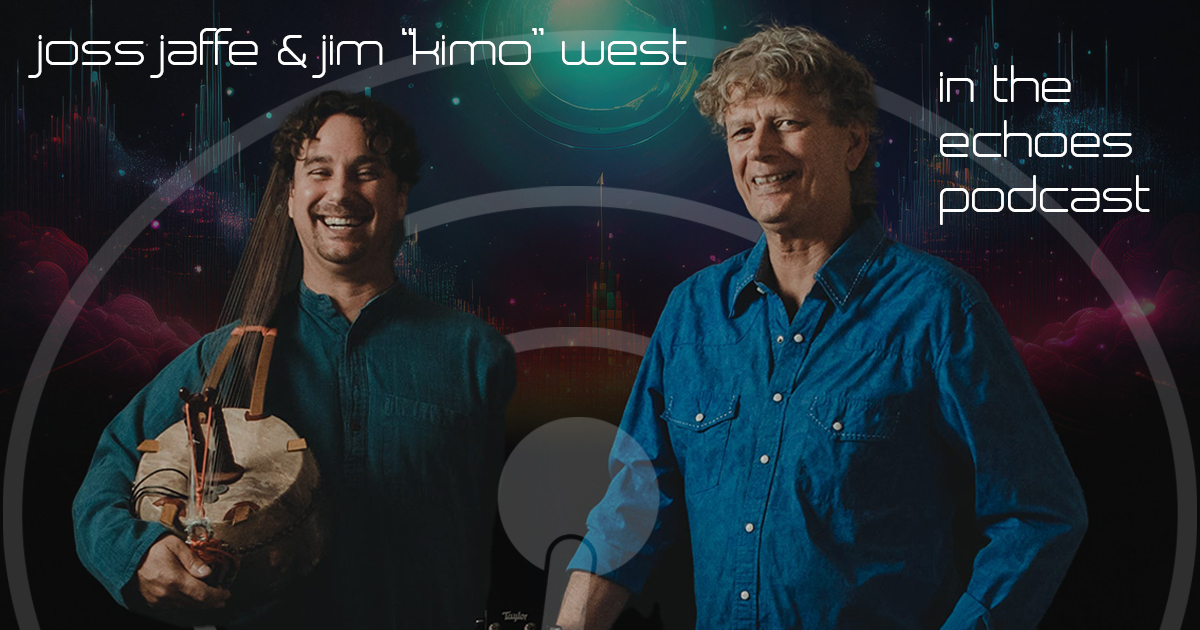
On the Echoes Podcast, two masters of strings, from guitar to ngoni, when we talk to Joss Jaffe and Jim “Kimo” West. Jaffe is a musical explorer. West is a guitarist with a reputation for Hawaiian slack key music but he also plays with Weird Al Yankovic. Go figure. Jaffe studied tabla drum in India and has picked up instruments from around the world. Together they’ve made a serene recordings called Santhi and it includes instruments like the West African ngoni, Indian tablas and bansuri flute, and e-bow guitar.
Jim “Kimo” West: We didn’t want to go heavily Indian or heavily African or heavily Hawaiian. We just wanted to have a blend of these different influences, stuff that we like from around the world and just do it naturally, just play what we like.
John Diliberto will when he talks to Jim “Kimo” West and Joss Jaffe on Echoes from PRX.
31 October 2024, 3:40 pm - 18 minutes 2 secondsEchoes Podcast Hans-Joachim Roedelius at 90
Hans-Joachim Roedelius at 90: The Echoes Podcast

In the Echoes podcast we celebrate the 90th Birthday of German Composer, Hans-Joachim Roedelius, born on October 26, 1934. He was a founding member of the bands Cluster and Harmonia, two groups who influenced artists like David Bowie on his Berlin Trilogy and especially Brian Eno, who went on to make music with these musicians as well. But while Roedelius began in the electronic zone, at 90, he says he’s unplugging and just playing acoustic piano. But he was part of the breakthrough to a new sound in Germany in the 1970s.
Hans-Joachim Roedelius: In the late ‘60s, everything in the field of arts, any art, was because we had after Hitler, there was a big hole, a big black hole in the culture of Germany. So we had to, we had to find out to, to go a different way.
While most of us call him Roedelius, his friends call him Achim. The entire hour will be filled with his music and we’ll hear a feature with Roedelius that takes us through his life and career including time in a Stasi prison in East Germany.. He was not only an electronic pioneer, but a pioneer of ambient chamber music. Hear Roedelius as well as Lloyd Cole and Tim Story. If you’re not super familiar with him, wait until you hear the sounds he created in the late 60s. He turns 90 on October 26 and he’s still going.
24 October 2024, 6:34 pm - 17 minutes 6 secondsEchoes Podcast: Tony Gerber & AI
I Sing the Song AI-Tony Gerber and the Singing Poet Society: The Echoes Podcast
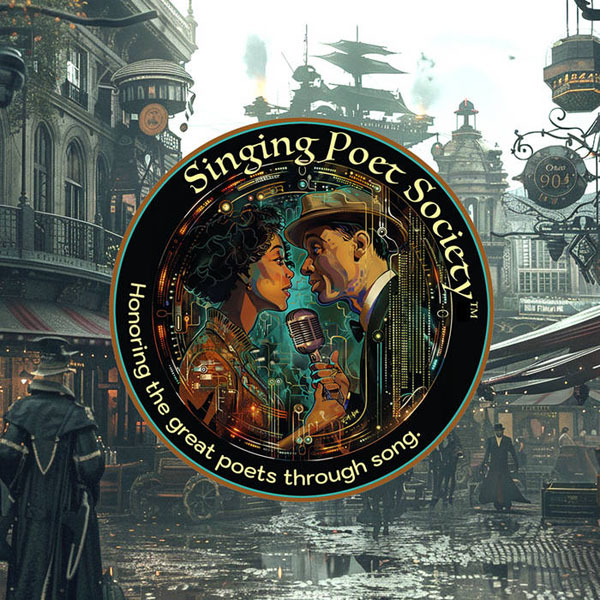 AI is everywhere and so many places you don’t even know it. Last year we even programmed an entire echoes using AI. It was pretty good, but dated. You know AI is in pop and library music, but there is one musician trying to use it for Art. His name is Tony Gerber and you’ve heard him with the electronic trio Spacecraft, Giles Reaves and Phil Keaggy and on many solo releases. He had the idea of taking classic poetry, setting it to AI manipulated music and using AI singers. It’s called the Singing Poet Society.
AI is everywhere and so many places you don’t even know it. Last year we even programmed an entire echoes using AI. It was pretty good, but dated. You know AI is in pop and library music, but there is one musician trying to use it for Art. His name is Tony Gerber and you’ve heard him with the electronic trio Spacecraft, Giles Reaves and Phil Keaggy and on many solo releases. He had the idea of taking classic poetry, setting it to AI manipulated music and using AI singers. It’s called the Singing Poet Society.Tony Gerber: Another, another point is that, you know, without the advent of AI to assist acting kind of as an assistant in this particular case, this idea would never have even come to fruition or even come about.
Tony is one of the least AI musicians you can imagined. We had him playing live pre-pandemic with Giles Reaves and I’m sure he was actually playing. Discover Tony Gerber’s journey and the music he’s creating in the Echoes Podcast.
17 October 2024, 5:46 pm - 16 minutes 18 secondsEchoes Podcast: London Grammar’s In Love
Love, Loss Alienation with London Grammar: The Echoes Podcast
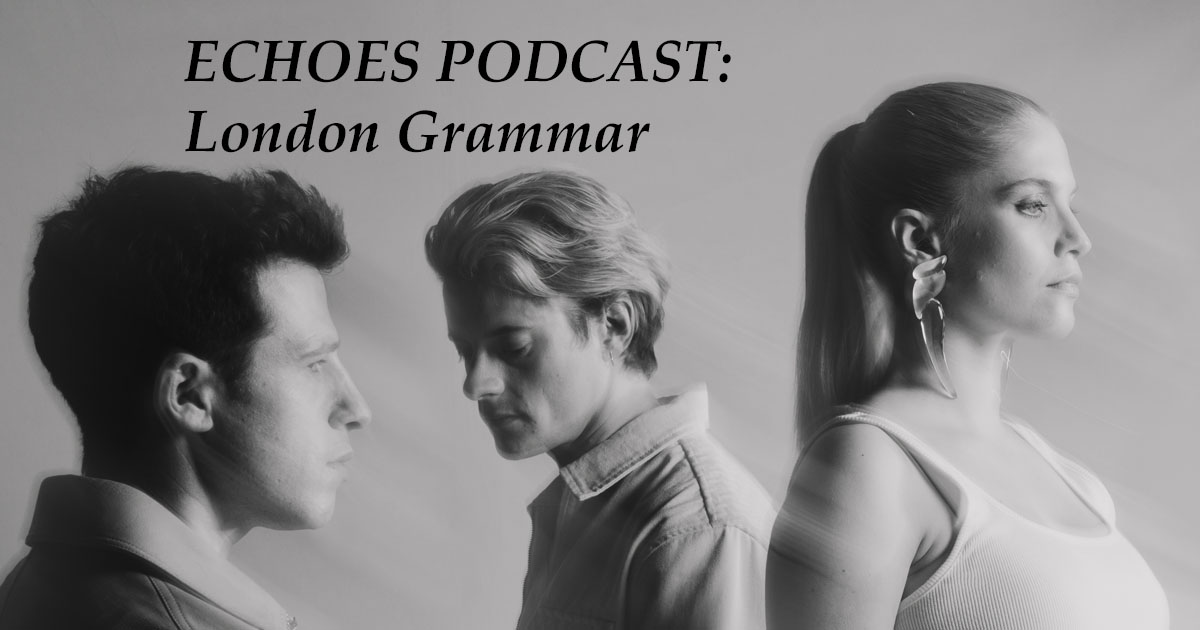 In the Echoes Podcast, the British dreampop trio, London Grammar. We talked to them in 2021 about their career and album, Californian Soil, an Echoes CD of the Month. Now they are back with their fourth album, The Greatest Love, also a CD of the Month. We’ve been told it’s a rare thing to get all three member, Hannah Reid, Dot Major and Dan Rothman together for an interview, but you will hear all three today in the Echoes Podcast. They talk about the usual: love, loss, alienation as well as Hannah Reid’s greatest love, her newborn child. But that’s not what the song is about.
In the Echoes Podcast, the British dreampop trio, London Grammar. We talked to them in 2021 about their career and album, Californian Soil, an Echoes CD of the Month. Now they are back with their fourth album, The Greatest Love, also a CD of the Month. We’ve been told it’s a rare thing to get all three member, Hannah Reid, Dot Major and Dan Rothman together for an interview, but you will hear all three today in the Echoes Podcast. They talk about the usual: love, loss, alienation as well as Hannah Reid’s greatest love, her newborn child. But that’s not what the song is about.Hannah Reid: You know, it’s funny, I’ve said to Dan a few times that sometimes it feels like my lyrics are a bit prophetic in a way. This song was actually written long before I had my son, but it does take on a new meaning for me now. I do think of him when I think of this album.
London Grammar has been on of the most singular acts of the 21st century. They released their debut album called If You Wait, in 2013, lead by a single they first dropped independently on the internet, “Hey Now.” We were instantly seduced by the voice of Hannah Reid and the orchestrations of Dan Rothman and Dot Major. We talk to them in the Echoes Podcast.
Read John Diliberto’s review of The Greatest Love.
Read John Diliberto’s review of Californian Soil10 October 2024, 4:58 pm - 46 minutes 47 secondsEchoes Podcast: The Complete Joe Boyd Interview
A Global Music Journey with Joe Boyd: The Echoes Podcast
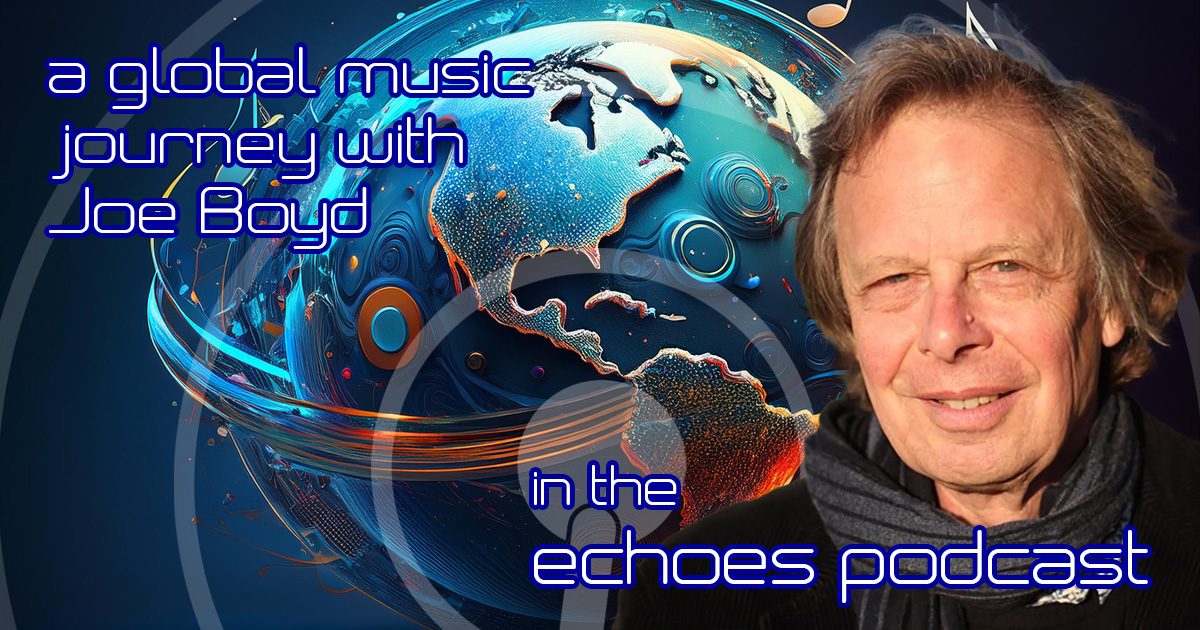
Last week we brought you the broadcast version of our interview with Joe Boyd. Well, it was a pretty deep, wide-ranging interview that was hard to condense into 15 minutes so today I’m giving you our entire conversation in the Echoes Podcast.. Just to remind you you, Joe Boyd is a legendary producer and discoverer of new music from Pink Floyd (“Arnold Lane”), Nick Drake, Maria Muldaur, Kate & Anna McGarrigle, and Muzsikás, to his Hannibal world music label, and more. A few years ago he wrote a great book that was a memoir of his life in the rock and roll world, White Bicycles. Now he’s written a deep dive into the influence of world music on western culture called And the Roots of Rhythm Remain – A Journey Through Global Music. From Ravi Shankar, to Flamenco, from South Africa to Paul Simon, Desi Arnaz to Dizzy Gillespie, it is a long, sometimes convoluted trip, all in search of an authentic music presence. We bring you our complete interview with this global traveler in the Echoes Podcast from PRX.
3 October 2024, 8:22 pm - More Episodes? Get the App
Your feedback is valuable to us. Should you encounter any bugs, glitches, lack of functionality or other problems, please email us on [email protected] or join Moon.FM Telegram Group where you can talk directly to the dev team who are happy to answer any queries.
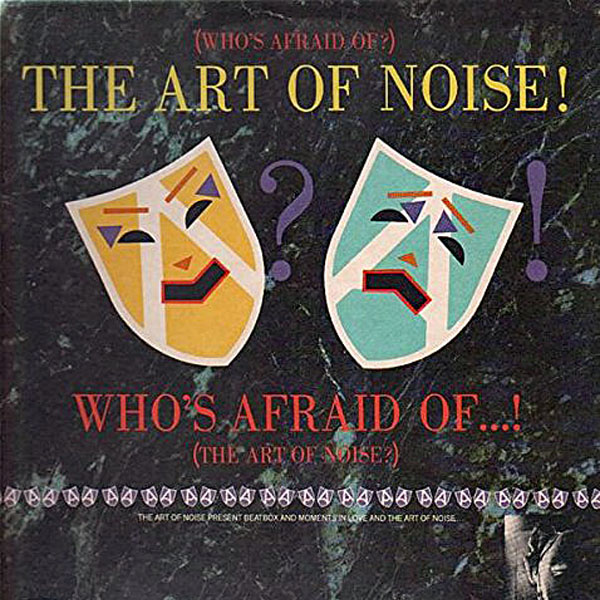


 This American Life
This American Life
 Fresh Air
Fresh Air
 99% Invisible
99% Invisible
 To The Best Of Our Knowledge
To The Best Of Our Knowledge
 Song Exploder
Song Exploder
 The Splendid Table: Conversations & Recipes For Curious Cooks & Eaters
The Splendid Table: Conversations & Recipes For Curious Cooks & Eaters